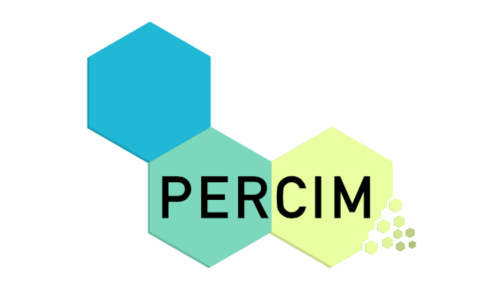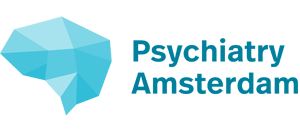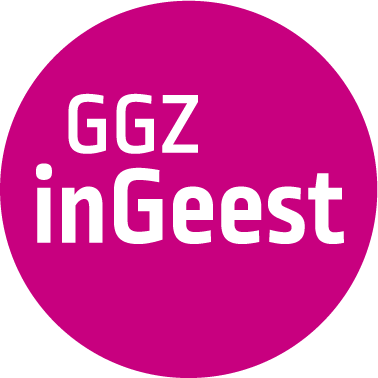PERCIM
Research project
Although depression is recognized as a major public health burden, depression treatments are effective in only around two-thirds of patients. One of the likely causes for these low success rates of treatment, is that depression is not a ‘one-size-fits-all’ concept. Depression is rather a collection of different phenotypes, each with specific pathology, and each potentially requiring different treatment.
The PERCIM project is funded by a ZonMw grant for Personalized Medicine. Our aim is to improve personalized care for depression by focusing on a specific subtype: Immuno-metabolic depression, which is characterized by a unique clinical and biological profile. Clinical characteristics of immuno-metabolic depression are appetite increase, leaden paralysis and fatigue. Biological characteristics of immuno-metabolic depression are increased inflammatory activation and alterations of energy metabolism.
Studies indicate that immuno-metabolic depression is associated with a poor response to antidepressant treatment but with increased effectiveness of lifestyle interventions. However, it is not clear yet which clinical and biological features best capture immuno-metabolic depression, and thereby may explain the poor response to antidepressants. Also, we do not know yet which lifestyle interventions are most effective in immuno-metabolic (IM) depression. The PERCIM project will bridge the gaps between bench and bedside that currently exist.
Central aims of the PERCIM project
- Improve IM depression profiling in terms of clinical characteristics and biomarkers,
- Identify personalized treatment modalities for IM depression and
- Include the patient perspective in personalized medicine for IM depression.
For the first aim, the project will use a large database of over 75.000 persons, including 15.000 with depression. In the second part of the project, data of 4 RCT’s on a variety of treatment modalities will be analyzed: antidepressants, light therapy, running therapy and multi-nutrient supplements. For the last aim we will use focus groups to incorporate the patient’s voice into the recommendations. We will do this in collaboration with the Depressie Vereniging.
The project will lead to recommendations for clinical profiling and treatment of IM depression, facilitating personalized medicine and fueling future clinical guidelines.
Project output:
- Paper: Vreijling et al. The role of immuno-metabolic depression features in the effects of light therapy in patients with depression and type 2 diabetes mellitus: A randomized controlled trial. J Psychosom Res
2024 Apr 15:181:111671. doi: 10.1016/j.jpsychores.2024.111671.
-
Paper: Vreijling et al. Features of immunometabolic depression as predictors of antidepressant treatment outcomes: pooled analysis of four clinical trials Br J Psychiatry . 2024 Mar;224(3):89-97. doi: 10.1192/bjp.2023.148.
-
Paper: Vreijling et al. Sociodemographic, lifestyle and clinical characteristics of energy-related depression symptoms: A pooled analysis of 13,965 depressed cases in 8 Dutch cohorts J Affect Disord. 2023 Feb 15:323:1-9. doi: 10.1016/j.jad.2022.11.005.
-
Paper: Vreijling et al. Effects of dietary interventions on depressive symptom profiles: results from the MooDFOOD depression prevention study. Psychol Med 2021 Apr 7;1-10. doi: 10.1017/S0033291721000337.
- Poster ‘Characterization of depression symptoms using large scale questionnaire data in the Dutch population: a BBMRI-BIONIC study’ at the Health RI meeting (January 2021)
Project newsletters (in Dutch):
- 1st edition (December 2020)
- 2nd edition (July 2022)

Contact information
Sarah Vreijling, Rick Jansen & Femke Lamers




